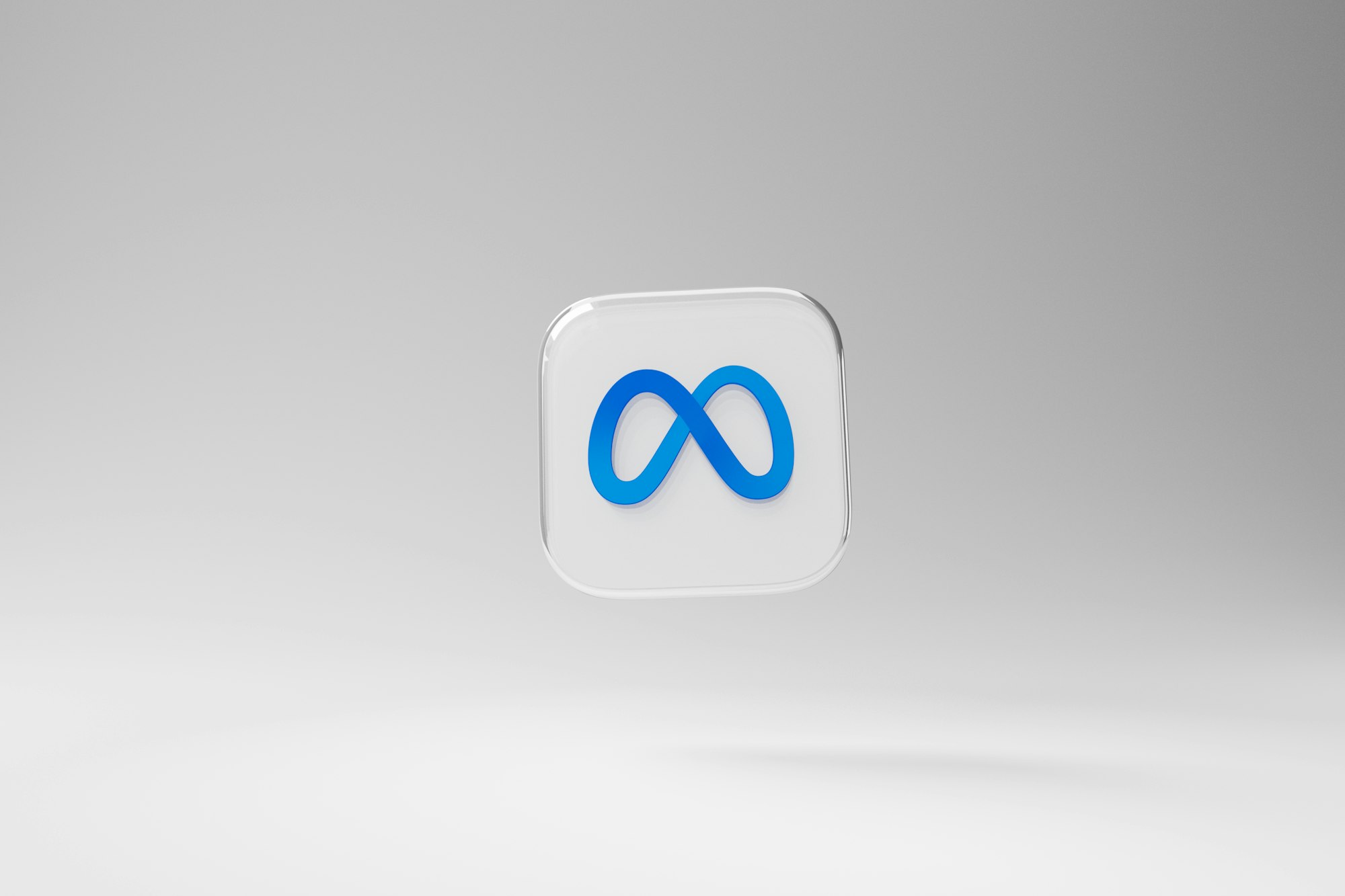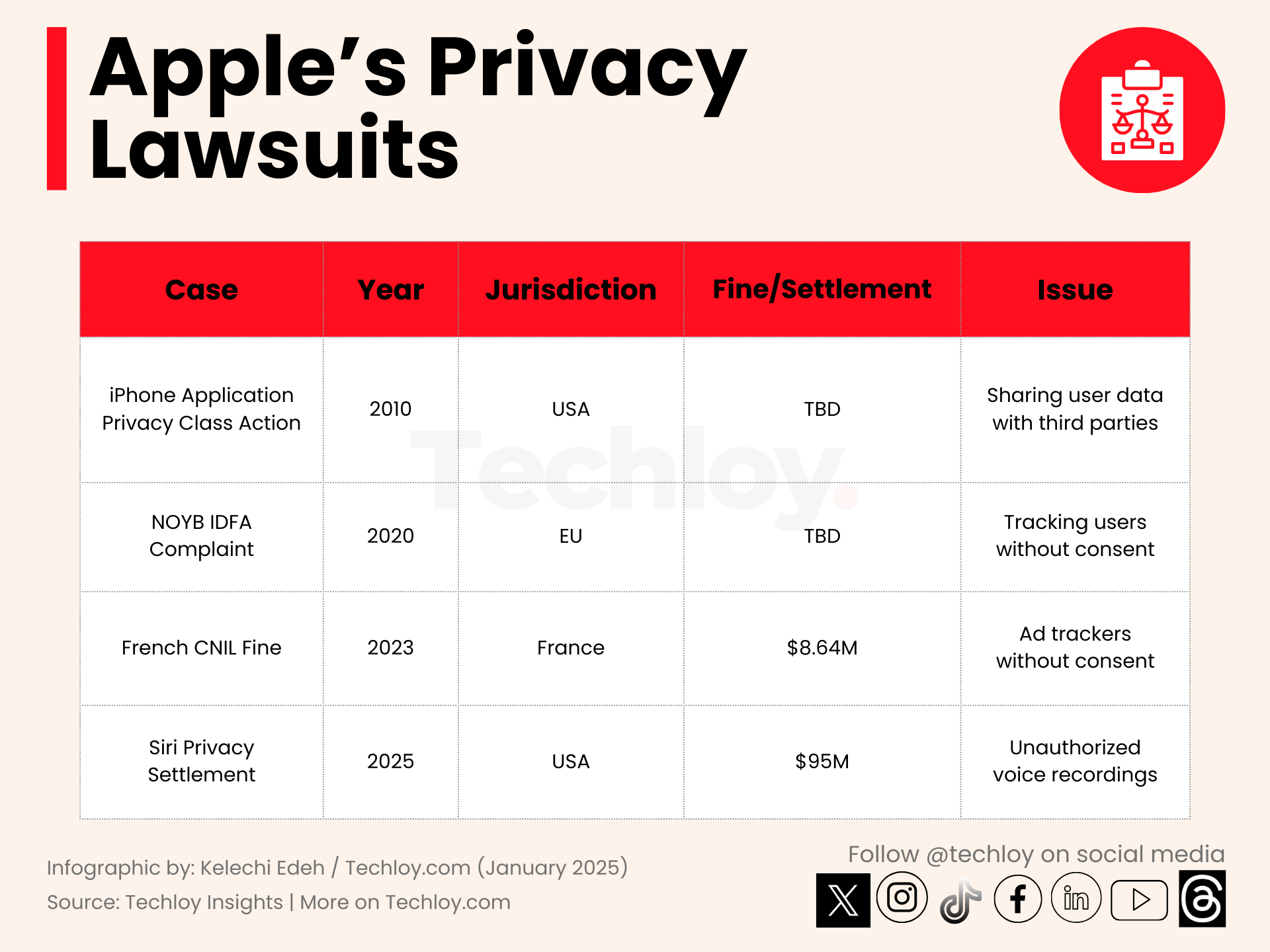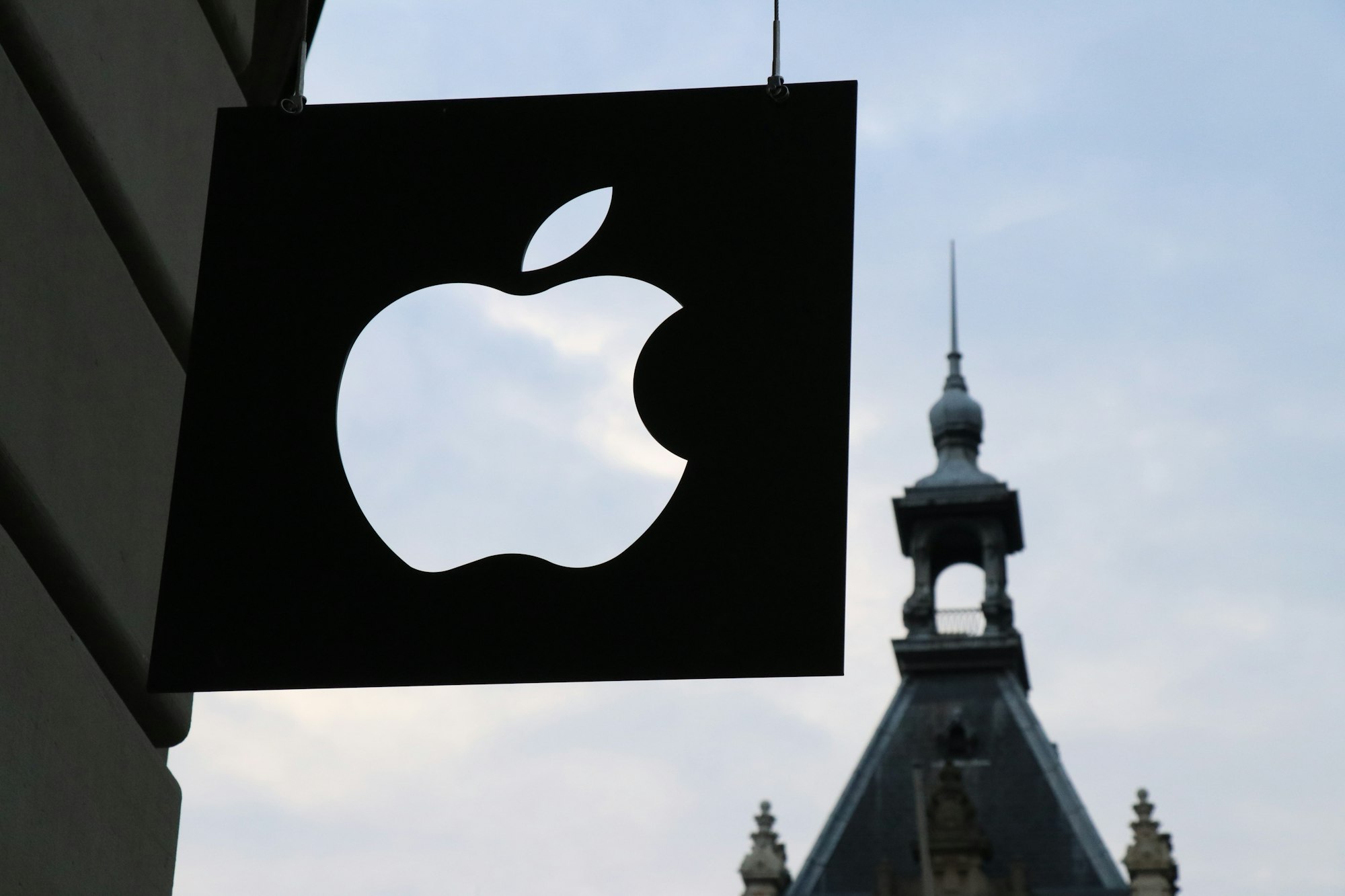Apple’s $95 Million Siri Settlement Adds to Its Growing Privacy Woes
The settlement is in relation to privacy concerns on how Siri processes voice recordings.
Apple has long championed privacy as a core value, with CEO Tim Cook famously calling it a “fundamental human right.” But that commitment is now under scrutiny after the company agreed to pay $95 million to settle allegations that its voice assistant, Siri, recorded conversations without permission.
The lawsuit claims that Siri often activated unintentionally and recorded private conversations, even when users hadn’t said the wake words, “Hey Siri.” The issue dates back to 2014, when Apple introduced hands-free activation for Siri.
However, things escalated in 2019 after a whistleblower revealed to The Guardian that Apple contractors had been reviewing Siri recordings, including sensitive conversations like medical consultations, to improve accuracy. These revelations raised serious concerns about how much control users really had over their own data.
Some users even reported receiving targeted ads for products mentioned in private conversations, prompting questions about whether Apple shared these recordings with advertisers.

Apple has denied any wrongdoing, but the settlement suggests the company prefers to put the matter to rest rather than risk a prolonged legal battle.
If approved by a U.S. district judge, the settlement will cover U.S. consumers who owned Siri-enabled devices (iPhones, iPads, Apple Watches, MacBooks, iMac, HomePods, iPod touch, and Apple TVs) between September 17, 2014, and December 31, 2024.
Eligible users could receive up to $20 per device, with a limit of five devices per person. However, only about 3% to 5% of eligible users are expected to file claims.
For Apple, $95 million isn’t much—roughly nine hours of its annual profits. In its latest fiscal year, the company reported a net income of $93.74 billion.

But while the financial impact may be negligible, the damage to Apple’s carefully crafted reputation is far more concerning. For one, this isn't the first time Apple has had to pay for privacy-related issues. In early 2023, France’s data protection authority, CNIL, fined Apple €8 million ($8.64 million) for failing to obtain user consent before placing ad trackers on iPhones running iOS 14.6.
And for a company that has long prided itself on being a privacy-first brand, distinguishing itself from competitors like Meta and Google – the latter of which is also facing a lawsuit over claims that its voice assistant records conversations without prompt – that distinction appears more fragile.
Apple says it has already taken steps to address these privacy concerns, including changes to how Siri processes voice recordings and offering users the ability to opt out of data sharing.
But this case serves as a reminder that privacy, once compromised, is difficult to restore. As voice assistants become more embedded in daily life, balancing convenience with user privacy will remain a critical challenge for Big Tech.
How these companies choose to address privacy concerns will ultimately define the trust they can build—or lose—with their users.









